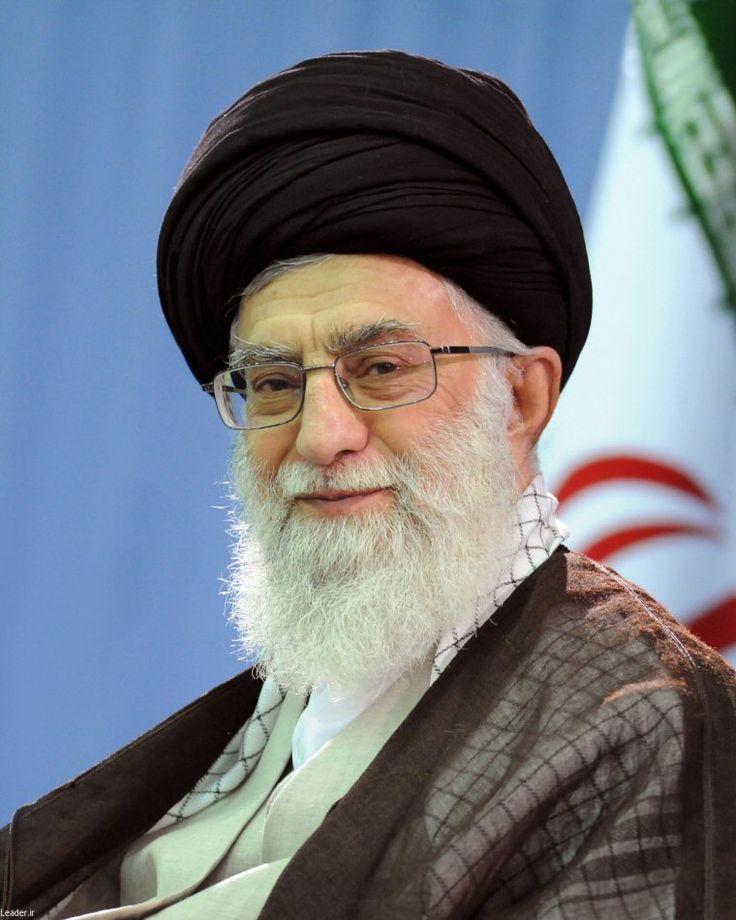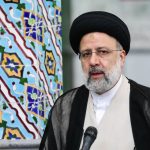What Next for Iran After President Raisi’s Death? The unexpected death of President Ebrahim Raisi has placed Iran at a crossroads, with an uncertain future. Following Raisi’s death, the country must navigate political, economic, and social challenges while searching for a new leader to guide it forward. What lies ahead for Iran? Let’s look at the paths and implications of this significant event.
Perspective of Long-term Politics
Ebrahim Raisi’s sudden death has left Iran on the edge, and its future remains uncertain. The country now encounters a political, economic, and social maze as it searches for a new leader to take it forward. So, what is next for Iran? This article will examine the likely possibilities and outcomes of this cosmic event.
Sudden Aftermath
Iran was sent into shock when Ebrahim Raisi died unexpectedly. it had to manage national mourning while ensuring that the government continued to operate normally. But this gap must be filled by some prominent officials to maintain stability.
Succession Pattern
Influenced by politics and religion, the process is complex in Iran. As part of this process, Ayatollah Ali Khamenei plays a critical role as Supreme Leader. Until another leader is elected, an interim president can be put in place.
Possible Contenders
Certain figures within Iranian politics could rise as successors to Raisi. These could range from powerful conservative elements or reformist camps, among others. Whoever gets chosen carries profound implications for how Iran will move forward.
Domestic Policy Effect
Raisi’s policies especially those concerning economic self-reliance and traditional values may come under scrutiny or change. New leadership should be able to tackle topical issues such as joblessness, inflation, and public dissatisfaction.
Economic Troubles
Among other conditions faced by Iran’s economy are international sanctions; unemployment rates; inflation levels etc. Consequently, there would be more serious challenges after President Raisi’s death hence requiring strategies towards stabilizing and growing under new governance.
Foreign Policy Transitions
Another area that might undergo alteration is foreign policy. The approach adopted by Raisi was marked by resistance against Western influence while strengthening regional ties. The new leadership may have different approaches regarding dealings with other countries worldwide.
Societal Implications
The social and cultural policies of Iran were influenced by Raisi’s conservativeness. Some of these may change during the transition, especially if a more reformist head is chosen. For instance, issues like freedom of speech and women’s rights might again be brought to the forefront.
Public Sentiment and Reaction
The public reaction following Raisi’s death has been characterized by emotions of sorrow and anxiety. Many Iranians are worried about what will happen in the future as they do not know which direction their country will take. Public sentiment would determine whether they accept support or legitimate the government in power.
Role Played by Supreme Leader
Iranian politics mostly revolves around supreme leader Ayatollah Ali Khamenei. In this perspective, his decisions as well as endorsements greatly influence both the succession process and policies adopted by an incoming regime. His role is central to maintaining order.
Regional Response
Neighboring countries within the region closely monitor developments in Iran. Meanwhile, Middle Eastern countries await results from that leadership change before assessing its implications on regional balances and security alliances. What these nations say, counts.
Global Perspective
Additionally, Western states as well as other global organizations under the international community keep watching events unfolding inside Iran. Raisi’s death could trigger diplomatic moves or escalate prevailing hostilities. The stand taken by international society would be crucial for defining Iran’s place worldwide.
Perspective of Long-term Politics
The consequences of Raisi’s death are huge in the political sense. This will finally be determined by new leaders taking office and what they do with Iran in the future. Political reforms; Human rights & balance between conservatives and reformers, among others, are some of the key things here that might be considered.
Future of Iran’s Nuclear Program
Iran’s nuclear program has been a contentious issue on the global stage. Raisi’s successor will need to navigate international negotiations and domestic expectations regarding the nuclear agenda. This will be a critical area of focus for the new administration.
Conclusion
President Ebrahim Raisi’s death is a turning point for Iran. Iranians need to mourn their president while at the same time preparing for what is next. In the following months, where the country stands politically, economically, and socially, will matter. The new leaders do determine if Iran will remain within its trajectory or change permanently.
FAQs
Who is likely to succeed Ebrahim Raisi as President?
The succession process is still ongoing, with many possible candidates from both conservative and reformist sides. They shall have to be adopted depending on which group controls them at a high level of authority.
How will Raisi’s death affect Iran’s economy?
New rulers are faced with such issues as sanctions, inflation rates, and unemployment levels which would help stabilize their economy since his demise has compounded an already difficult economic situation.
What changes might occur in Iran’s foreign policy?
Another essential issue is whether new leadership will mean different approaches to international relations that could cause shifts in Tehran’s attitude towards Western powers or regional alliances.
How are Iranians reacting to Raisi’s death?
As his demise came along, many people living in this country felt sorrowful but wary of who would take up after him.
What role will the Supreme Leader play in the transition?
To maintain stability and succession planning, he continues on this path toward the appointment of a successor President Ali Khamenei supreme leader plays a vital role throughout this entire process.
Conclusion
The death of President Ebrahim Raisi marks a significant turning point for Iran. As mourning sets upon us over our leader’s departure, we can only prepare for the future. The next months will define the political, economic, and social course of Iran. They have got to be cautious since choices made by the new leadership could have far-reaching implications on Iran’s progress in time and its position on the global map.










